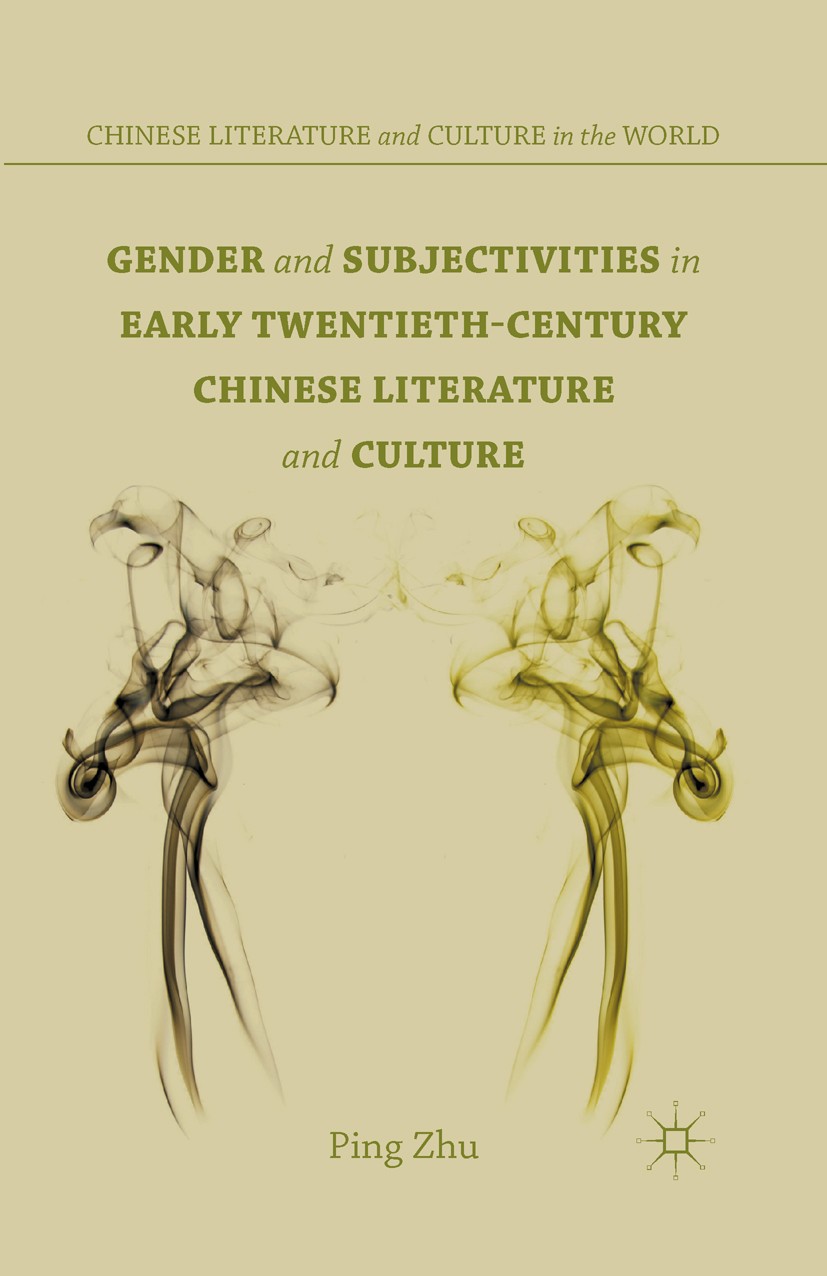| 書(shū)目名稱(chēng) | Gender and Subjectivities in Early Twentieth-Century Chinese Literature and Culture | | 編輯 | Ping Zhu | | 視頻video | http://file.papertrans.cn/382/381675/381675.mp4 | | 叢書(shū)名稱(chēng) | Chinese Literature and Culture in the World | | 圖書(shū)封面 |  | | 描述 | Through both cultural and literary analysis, this book examines gender in relation to late Qing and modern Chinese intellectuals, including Mu Shiying, Bai Wei, and Lu Xun. Tackling important, previously neglected questions, Zhu ultimately shows the resilience and malleability of Chinese modernity through its progressive views on femininity. | | 出版日期 | Book 2015 | | 關(guān)鍵詞 | culture; fiction; gender; history of literature; Lu Xun; transformation; women | | 版次 | 1 | | doi | https://doi.org/10.1057/9781137514738 | | isbn_ebook | 978-1-137-51473-8Series ISSN 2945-7254 Series E-ISSN 2945-7262 | | issn_series | 2945-7254 | | copyright | Ping Zhu 2015 |
The information of publication is updating

|
|
 |Archiver|手機(jī)版|小黑屋|
派博傳思國(guó)際
( 京公網(wǎng)安備110108008328)
GMT+8, 2025-10-13 00:47
|Archiver|手機(jī)版|小黑屋|
派博傳思國(guó)際
( 京公網(wǎng)安備110108008328)
GMT+8, 2025-10-13 00:47


